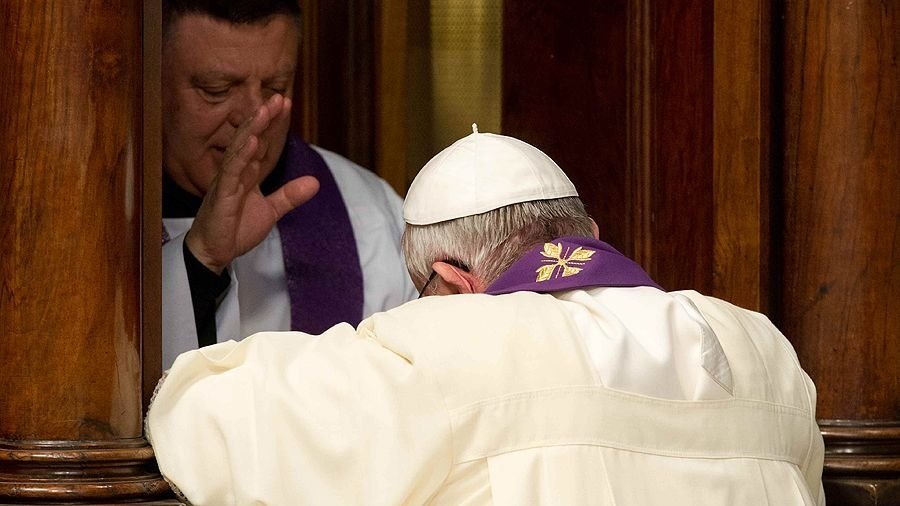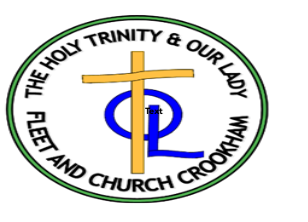
THE SACRAMENT OF RECONCILIATION
Only God can forgive sins; however, Jesus willed that the Church should be His instrument of forgiveness on earth. In Matt 18:17-18 Christ said: “If the member refuses to listen to them, tell it to the church; and if the offender refuses to listen even to the church, let such a one be to you as a Gentile and a tax collector. Truly I tell you, whatever you bind on earth will be bound in heaven, and whatever you loose on earth will be loosed in heaven.” On Easter night the Risen Christ imparted to his Apostles his own power to forgive sins. He breathed on them, imparting the promised Holy Spirit, and said, “Peace be with you.” Jesus was filling them with peace that is rooted in friendship with God. But he did more. He shared with them his own merciful mission. He breathed on them a second time and said, As the Father has sent me, so I send you. . . . Receive the holy Spirit. Whose sins you forgive are forgiven them, and whose sins you retain are retained. (Jn 20:21-23) That night Jesus gave the Church the ministry of the forgiveness of sins through the Apostles (cf. CCC, no. 1461). By the Sacrament of Holy Orders, bishops and priests continue this ministry to forgive sins “in the name of the Father, and of the Son, and of the Holy Spirit.” In this Sacrament, the priest acts in the person of Christ, the Head of the Church, to reconcile the sinner to both God and the Church. “When he celebrates the Sacrament of Penance, the priest is fulfilling the ministry of the Good Shepherd who seeks the lost sheep. . . . The priest is the sign and instrument of God’s merciful love for the sinner” (CCC, no. 1465). The Sacrament of Penance involves a conversion of our hearts to God, a confession of sins to a priest, the forgiveness of our sins, a penance to make some amends for sin, and reconciliation with God and the Church. Sins committed after Baptism are forgiven in the Sacrament of Penance and Reconciliation, also called the Sacrament of Forgiveness, Confession, and Conversion. We will refer to the Sacrament both as Penance and as Reconciliation, using the terms interchangeably.
The Sacrament of Penance and Reconciliation (as it is called in the Catechism of the Catholic Church [CCC] is one of the means by which our relationship with Jesus Christ and the Church is healed, restored, and ultimately strengthened. The sacrament is known by several names: the liturgical book that contains the rite is called the Rite of Penance, but it is commonly referred to as "confession," "Penance," or "Reconciliation." Those different names focus attention on the various elements of the sacrament: confessing sin, doing penance, reconciling the sinner. Some of those elements require the work and effort of the penitent (the one confessing), but the principal act of forgiving and reconciling belongs to God alone. There are four primary actions in the celebration of the Sacrament of Reconciliation, all of which contribute in some way to the healing that takes place: expression of contrition or sorrow for sin; confession of sin; absolution from sin and penance ("satisfaction"), which expresses a desire to avoid sin. Essentially there are two "movements" in the sacrament: our movement toward God and God's toward us.
Sacrament of Reconciliation (Confession) in Fleet and Church Crookham
Saturdays 10:15am — 11:15am (Our Lady’s Fleet), Saturday 5pm —5:45pm (Holy Trinity Church Crookham) and by appointment

